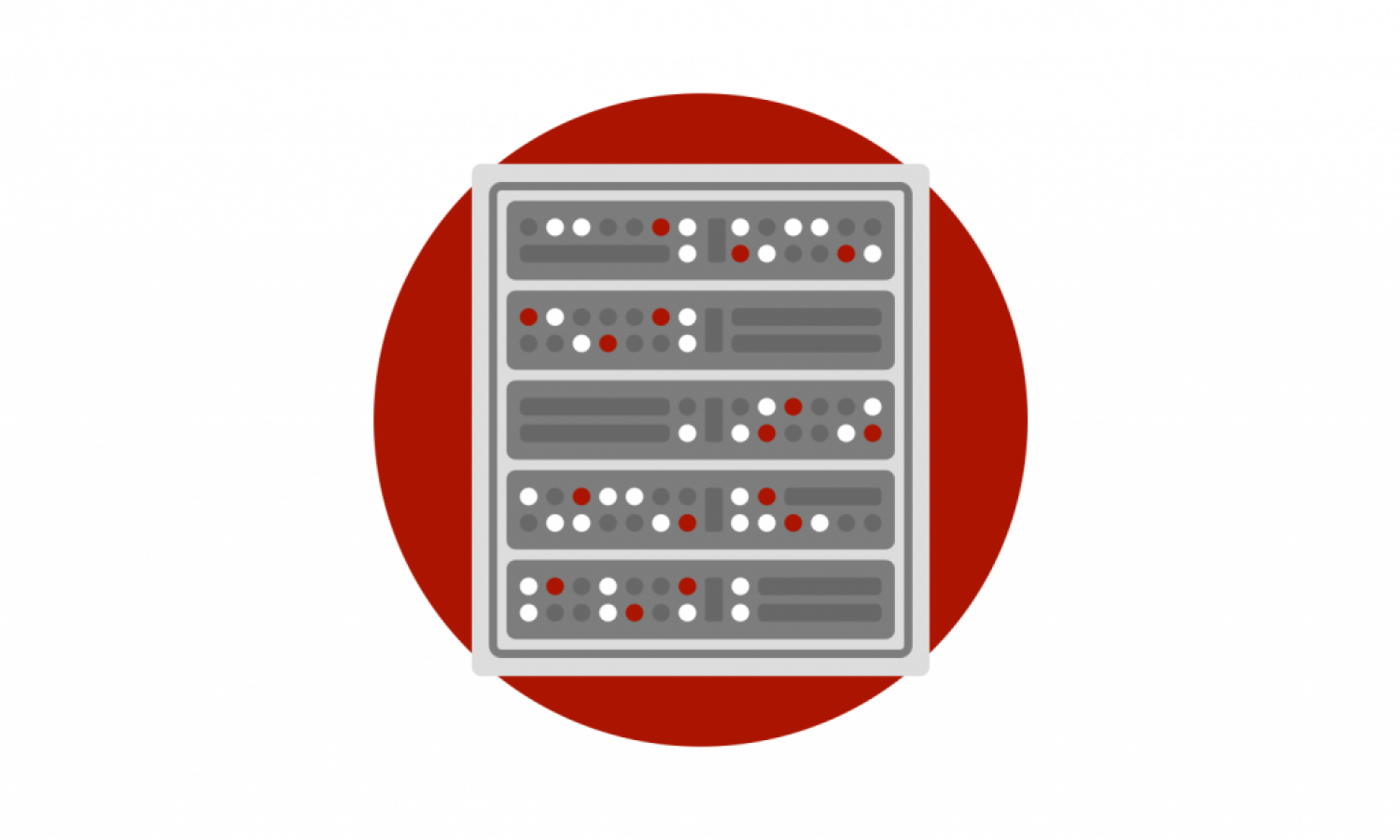Initial Thoughts on ICANN 47: Why a Multistakeholder Process is Essential
 I arrived in Durban, South Africa on Friday, July 12 to represent the i2Coalition at ICANN 47. Over the weekend, I worked on talking with various constituency groups as they plan for the conference, which runs through July 19. The majority of my engagement is with groups that fall within the Generic Names Supporting Organization, or GNSO. The GNSO is an overarching designation of a series of groups within the global Internet ecosystem that focus on both commercial and noncommercial providers of various aspects of Internet service.
I arrived in Durban, South Africa on Friday, July 12 to represent the i2Coalition at ICANN 47. Over the weekend, I worked on talking with various constituency groups as they plan for the conference, which runs through July 19. The majority of my engagement is with groups that fall within the Generic Names Supporting Organization, or GNSO. The GNSO is an overarching designation of a series of groups within the global Internet ecosystem that focus on both commercial and noncommercial providers of various aspects of Internet service.
In my first few days in Durban, it’s particularly notable that ICANN engagement seems defensive of its place in the world. Leaders within ICANN appear to feel like they are under fire. The i2Coalition is a defender of the multistakeholder model and we believe it is essential for strong global Internet governance. As we continue to engage, it is critical to take note of what’s working and not working in the process.
The GNSO Council meetings focus on defending the slow speed of the multistakeholder model, and in particular the Policy Development Process, or PDP. GNSO counselor and Neustar VP Jeff Neuman responded to multistakeholder criticism by saying, “Everybody loves multistakeholderism until they don’t get what they want, and then multistakeholderism failed.” Many have noted that the policy process moves slowly by design. Unilateral decisions are easy, multilateral ones are hard, and it is justified that they take time.
While ICANN is a multistakeholder community, it also has a paid staff overseen by the Board of Directors, who are chosen by the stakeholder communities. Staff members spent a great deal of time briefing stakeholder groups on their efforts to dramatically increase ICANN involvement. The newest effort towards community outreach is ICANN Labs, which officially launched this week.
Despite outreach efforts, many conference attendees are skeptical because ICANN is an organization that is not likely to adapt to a huge crowd of new potential world-changers showing up on its doorstep quickly. The idea of reaching out to new potential stakeholders is a commendable one, but the actual stakeholder groups are apprehensive about how to integrate the new participants. For instance, the i2Coalition is filled with organizations that are core components of the Internet ecosystem, yet there is no natural home for us, which is surprising.
There is no better example of ICANN needing to broaden its membership involvement than during the opening ceremonies. Dr. Hamadoun Toure of the ITU was ill and could not attend in person, so he provided his remarks via video on stage. The figure of Dr. Toure towering over the ICANN leadership as he talked about building a bridge between ICANN and ITU was a reminder for those of us who followed the WCIT-12 conference back in December of what was being seen as an attempted takeover of Internet governance by the ITU. Certain countries were pushing for an increased Internet governance role because 70 percent of developing nations do not even have access to the Internet, and many feel that ICANN must do more to address the issue.
Yesterday, to help ICANN with its 5 year plan, I listened to the thoughts of people in developing nations who believe that ICANN is too U.S. centric. They believe that it’s not only difficult to make an impact, but that ICANN must embrace its responsibility of ultimately helping to blueprint Internet adoption throughout the world. This presents an even bigger challenge in that easy pathways to engagement just don’t exist.
Finally, an amazing amount of important work is being done in Durban in incredibly constructive ways. ICANN is making many strides in broadening internationally, including opening a number of liaison offices throughout the world. The first new gTLD contracts were signed since the conference began and progress has been made on reforming WHOIS. Practical work is being done on IPv6 and DNSsec. These are just a few of the matters of progress on display at ICANN 47.
Despite criticism and work that needs to be done, there is no model that is better to govern the Internet than the multistakeholder model, and though it needs to do better, nobody does it better than ICANN. Part of the reason the Internet works is because of the multistakeholder process. During the opening ceremonies, ICANN President Fadi Chehadé said, “We do not need to continue apologizing for who we are. We need to be very proud of what we’ve done. It’s a great model.” I look forward to continuing my work on behalf of the i2Coalition in support of a multistakeholder model, so that we can share the insights of our member companies with the rest of the Internet ecosystem, for the benefit of all.

